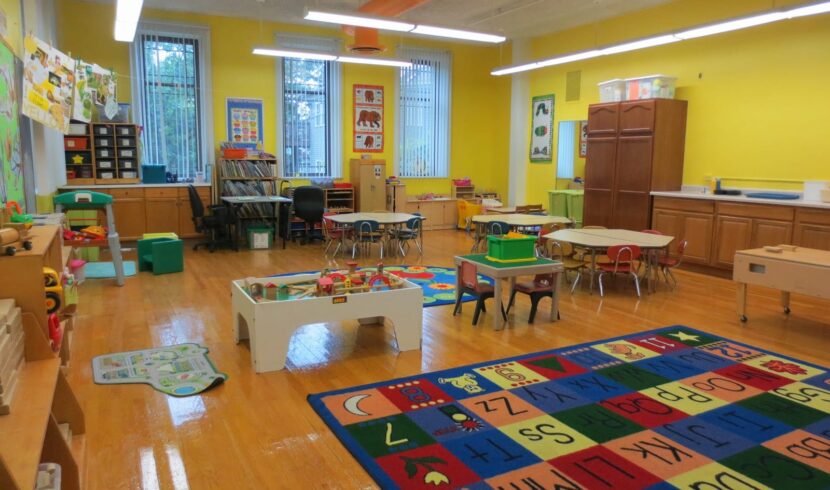By CAROLINE BECK, Alabama Daily News
New research shows Alabama’s First Class Pre-K program benefits students over the long term with no signs of “fade out” over time.
In a recently-completed study, students who attended First Class Pre-K were significantly more proficient in Math and Reading in the 3rd-7th grades than students who did not. The results of the study also showed that these long term results held true even after controlling for factors that have been shown to impact student outcomes, including poverty, ethnicity, and time.
The study was conducted by the First Class Pre-K Research Evaluation Team, which includes researchers from the UAB School of Public Health, UAB School of Education, and the Public Affairs Research Council of Alabama.

Report: First Class Pre-K Benefits Persist in Elementary and Middle School
The news comes as the Alabama Department of Early Childhood Education has made grant applications for First Class Pre-K available for the 2019-2020 school year.
Alabama boasts the nation’s highest rated Pre-K program for quality, according to the National Institute for Early Education Research. The state has maintained that high quality rating while trying to grow access to the program. Recent funding investments have expanded First Class to 1,045 classrooms serving almost 19,000 students statewide, or 32 percent of the eligible population.
The funding serves two primary purposes: to provide access for more children and to enhance existing classrooms to meet the high quality standards of the First Class program.
In a letter to educators, Secretary of Early Childhood Education Jeana Ross invited those interested to apply for First Class grants.
“First Class Pre-K is offered in a variety of settings across the state. Diverse delivery programs in all 67 counties are encouraged to apply: childcare centers; public school systems; faith-based centers; college and university lab schools; private schools; community organizations; military childcare centers; and other providers of preschool,” Ross wrote.
The Department clarifies on its website that this funding is not to be used to replace federal funds already given to the childcare center, but is meant to be used as a supplement to existing funding sources.
There are three levels of funding. The first is labelled as “Excellence,” and goes up to $45,000 a year. It is intended for classrooms which have a primary source of funding such as federal funds, tuition, local or community funds and should act as a supplement to this other funding.
The second level is labeled “Tiered,” and ranges from $80,100- $92,700 a year and is dependent on a free/ reduced lunch population as an indicator of poverty. This level is intended to provide the primary funding source for the pre-k programming but still requires supplemental funds. It is also awarded on a three year cycle.
The third level is labeled the “New Classroom or Plus” grant that ranges from $120,000 to $150,000, depending on identified need of the county. This funding is only for a single year and a new applications must be made during the first year of operation. This is intended to fund the materials, equipment, furnishings and one year of operation for a pre-k classroom. Supplemental funds are also required.
First Class has expanded over time since its beginning in 2005 when it started with $4.3 million in funding. Since 2013, the Alabama Legislature has increased funding to more than triple the percentage of eligible four-year-olds served, from nine percent to 29 percent in the 2017-2018 school year.
Alabama was one of the only three states, along with Michigan and Rhode Island, to meet or exceed all 10 NIEER benchmarks to determine program quality this year. Governor Kay Ivey also signed into law this year an additional $18.5 million expansion for the program that has further increased the size of the program’s ability and reach.
Learn more about the grant applications here.
Caroline Beck is a reporter from Montgomery. You can contact her at [email protected] or follow her on Twitter at @CarolineBeckADN

